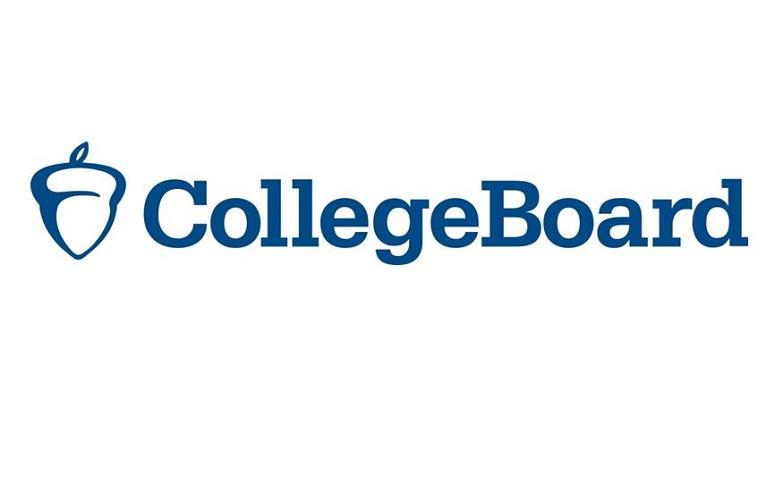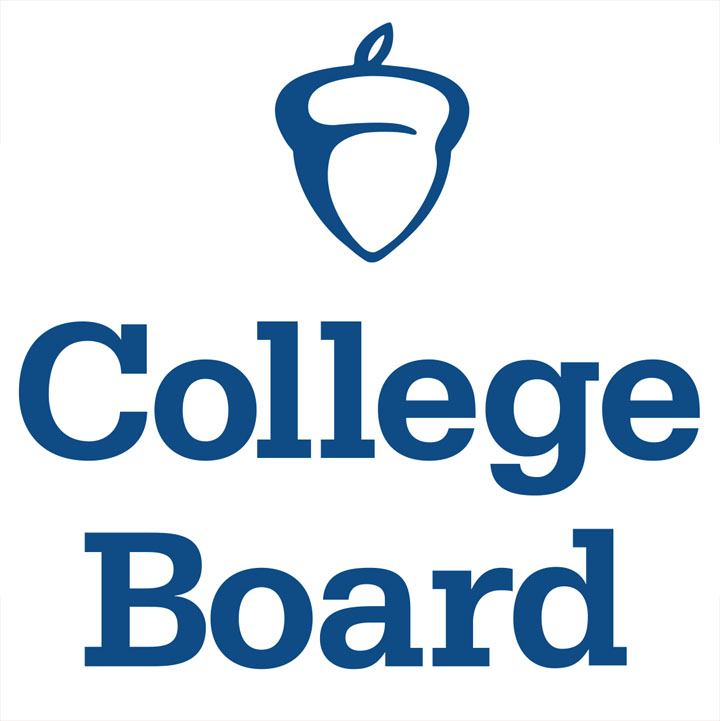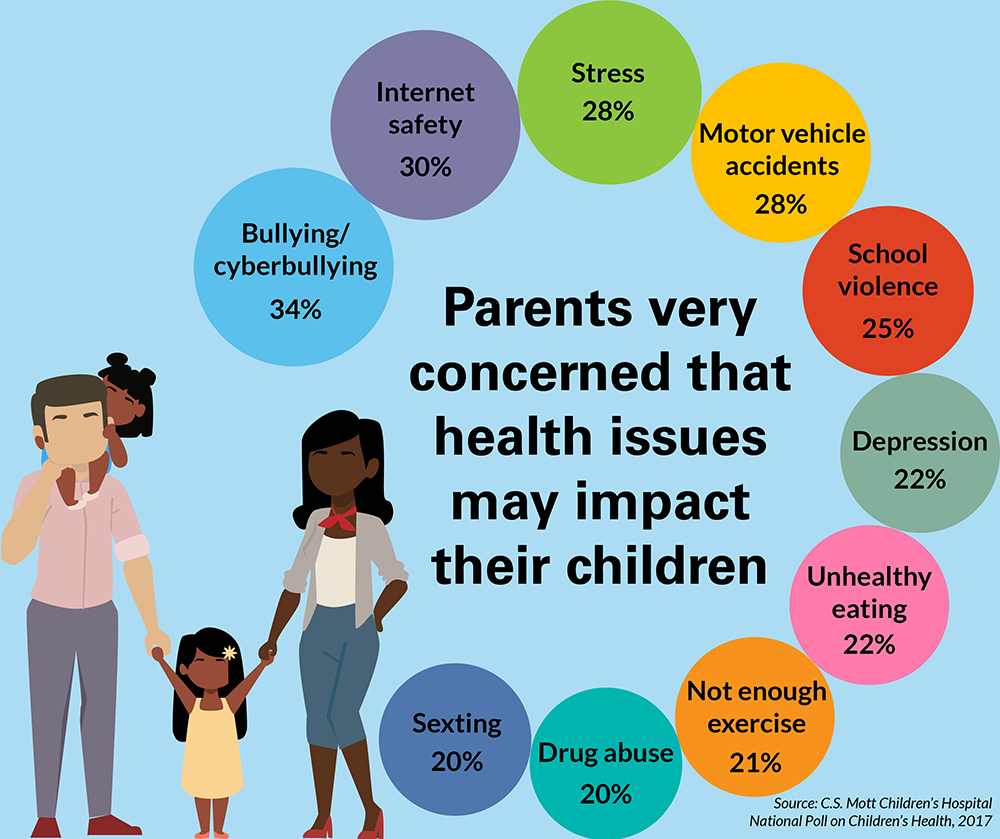Current News on the College Board: Key Updates and Developments
The College Board, a nonprofit organization that connects students to college success and opportunity, has been in the news recently for various reasons, including its transition to digital testing, updates on Advanced Placement (AP) courses, and leadership changes. This article summarizes the latest developments surrounding the College Board, highlighting key events and initiatives that are shaping the educational landscape.
Transition to Digital Testing
One of the most significant changes announced by the College Board is the transition to digital SAT testing. As of March 2023, the College Board has successfully administered over 300,000 digital SAT tests internationally across 183 countries. Feedback from students and staff has been overwhelmingly positive, with 84% of students and 99% of staff reporting a better experience with the digital SAT Suite compared to the traditional paper format. Furthermore, 97% of students found the Bluebook testing app easy to use, indicating a successful shift towards a more user-friendly testing environment.
This transition is part of a broader initiative to modernize the testing experience and make it more accessible to students. The College Board aims to provide a testing format that is not only easier to take but also more relevant to today’s educational needs. The digital SAT is designed to be shorter and more efficient, aligning with the changing dynamics of education and technology.
Advanced Placement (AP) Courses and Funding
The College Board has also been in the spotlight regarding its Advanced Placement (AP) programs. In a recent article from the New York Times, it was reported that the College Board received $90 million in government funding for its AP programs this year. Of this amount, approximately $37 million is allocated to cover exam fees for low-income students, while the remaining $53 million is directed towards other initiatives.
Despite the funding, there have been concerns about the effectiveness of AP courses and exams. Critics argue that while the College Board promotes these programs as a means to enhance college readiness, some students may not be adequately prepared for the rigors of college-level coursework. This ongoing debate highlights the need for continuous evaluation and improvement of AP offerings to ensure they meet the needs of all students.

Leadership Changes and Initiatives
In a notable leadership change, Jeremy Singer, the president of the College Board, has taken a temporary leave to oversee the relaunch of the Free Application for Federal Student Aid (FAFSA). This move comes at a time when higher education groups are increasingly concerned about the effectiveness of the FAFSA process and its impact on student access to financial aid. Singer's involvement is expected to bring a fresh perspective to the initiative, aiming to streamline the application process and improve accessibility for students.
Additionally, the College Board has been actively involved in discussions surrounding the acquisition of the ACT by Nexus Capital Management. This acquisition has raised questions about the future of standardized testing and the competitive landscape between the College Board and ACT, which has traditionally been a rival in the college admissions testing space.
Recognition of STEM Students
In a positive development, the College Board recently recognized several STEM students through its National Recognition Program. This initiative aims to honor students who have excelled in science, technology, engineering, and mathematics, providing them with opportunities for scholarships and college admissions. The recognition of students like Maci Jo Baker, Madeleine "MJ" Couch, Kamryn Kershaw, Noah Leet, and Katie-Lynn Poindexter underscores the College Board's commitment to promoting diversity and excellence in STEM fields.
Ongoing Challenges and Controversies
Despite these positive initiatives, the College Board has faced challenges, particularly in its interactions with state education systems. For instance, the organization has been at odds with Florida over the AP Psychology course, which has been criticized for allegedly being "effectively banned" in the state. This conflict highlights the ongoing tensions between educational institutions and state policies, particularly regarding curriculum content and educational standards.

The College Board continues to play a pivotal role in shaping the educational landscape in the United States. With its transition to digital testing, ongoing support for AP programs, and recognition of student achievements, the organization is striving to enhance educational opportunities for millions of students. However, it must also navigate the complexities of state policies and public scrutiny to maintain its relevance and effectiveness in the ever-evolving world of education.
For more detailed updates and press releases, you can visit the College Board Newsroom.





